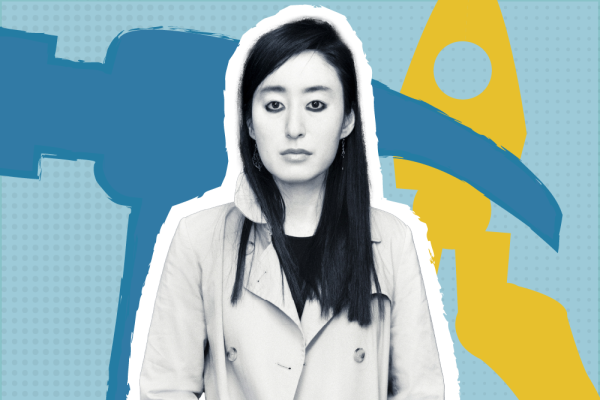May 13, 2025
R.O. Kwon, the bestselling novelist of The Incendiaries and Exhibit, does not believe in God. Even so, Kwon’s writing about God and faith feels more familiar to me than that of many who do believe.
As someone who very strongly believes in God, I find that kinship feels a little scary and a little dangerous. To avoid too much psychoanalyzing, it makes it feel like the waters between belief and unbelief are rather porous. This line of thought is tempting to run from, as all scary things are, but it’s here that I return to Kwon’s work.
Read the Full Article

Already a subscriber? Login
